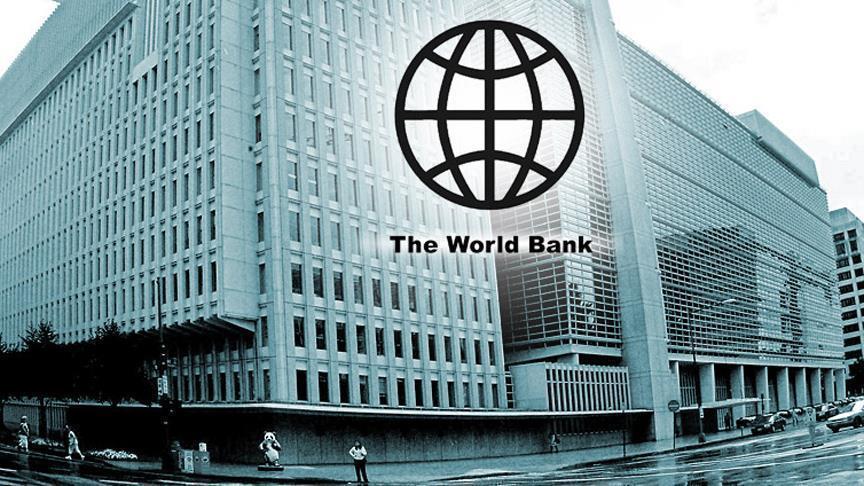
DHAKA, Dec 17, 2021 (BSS) - The World Bank (WB) has announced a US$93
billion replenishment package of the International Development Association
(IDA) to help low-income countries respond to the COVID-19 crisis and build a
greener, more resilient, and inclusive future.
The financing brings together $23.5 billion of contributions from 48 high-
and middle-income countries with financing raised in the capital markets,
repayments, and the World Bank's own contributions, said a press release
today.
The financing package, agreed over a two-day meeting hosted virtually by
Japan, is the largest ever mobilized in IDA's 61-year history. IDA's unique
leveraging model enables it to achieve greater value from donor resources -
every $1 that donors contribute to IDA is now leveraged into almost $4 of
financial support for the poorest countries.
"Today's generous commitment by our partners is a critical step toward
supporting poor countries in their efforts to recover from the COVID-19
crisis," said World Bank Group President David Malpass.
"We are grateful for the confidence our partners have in IDA as a non-
fragmented and efficient platform to tackle development challenges and
improve the lives of millions of people around the world," he added.
The funds will be delivered to the world's 74 poorest countries under the
20th replenishment (IDA20) program, which focuses on helping countries
recover from the impacts of the COVID-19 crisis.
In these countries, the ongoing pandemic is worsening poverty, undermining
growth, and jeopardizing the prospects of a resilient and inclusive
development.
Countries are struggling with falling government revenues; increasing debt
vulnerabilities; rising risks to fragility, conflict, and instability; and
dropping literacy rates. About a third of IDA countries are facing a looming
food crisis.
To help countries build back greener, a substantial portion of these funds
go to tackling climate change, with a focus on helping countries to adapt to
rising climate impacts and preserve biodiversity.
IDA will also deepen support to countries to better prepare for future
crises, including pandemics, financial shocks, and natural hazards. While
IDA20 will support countries globally, resources are increasingly benefiting
Africa, which will receive about 70 percent of the funding.
With this strong package, IDA will be able to scale up its support in the
pandemic and address health challenges, helping 400 million people receive
essential health and nutrition resources. The social safety nets program is
also expected to reach as many as 375 million people.
The IDA20 program has more ambitious policy commitments that will support
countries in prioritizing investments in human capital, covering issues such
as education, health and nutrition, vaccines, safety nets, and support for
people with disabilities.
IDA will also increase its ambition in addressing other major development
challenges such as gender inequality, job creation, and situations of
fragility, conflict and violence, including in the Sahel, the Lake Chad
region, and the Horn of Africa. A continued emphasis on governance and
institutions, debt sustainability, and digital infrastructure interventions
will help foster economic and social inclusion.
Due to the urgent development needs of IDA countries, the replenishment was
advanced by one year. IDA20 will cover the period of July 1, 2022, to June
30, 2025. The IDA20 policy architecture builds on the strong foundation of
IDA19, with enhancements to make IDA20 even more ambitious and fit for
today's challenges.
IDA19 achievements key to IDA20 include: strong COVID-19 response with
nearly 70 countries benefiting from IDA financing for vaccines, health
professionals' training, and hospital equipment.
Over 60 percent of climate financing, in fiscal year 2021 alone, focused on
adaptation and resilience; IDA helped 62 countries institutionalize disaster
risk reduction plans.
Greater debt transparency through the Sustainable Development Finance
Policy introduced in IDA19, with 19 countries publishing annual and timely
debt reports in fiscal year 2021.